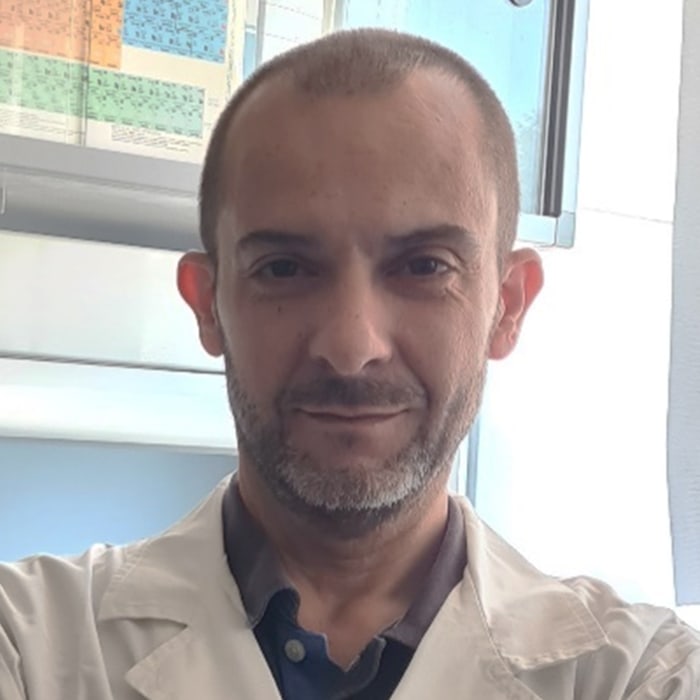
Marcello Locatelli
Associate Professor of Analytical Chemistry, Department of Science, University "G. d' Annunzio" Chieti-Pescara, Italy
False

Associate Professor of Analytical Chemistry, Department of Science, University "G. d' Annunzio" Chieti-Pescara, Italy
Starting from the concept that analytical science provides the fundamental data and information on which much of the scientific research and decisions in many sectors are based, and that without its ability to measure and characterize the world around us at the molecular level, scientific and technological progress would be significantly hindered, the three questions posed in the 2025 Power List are very “heavy,” important, and require deep reflection.
In my opinion, it is not easy or possible to separate the three aspects because fully knowing “what is the point of analytical science” and hypothesizing actions “to help analytical science rise to prominence as the keystone of all good science” inevitably contributes to “help today's analytical scientists become tomorrow's science leaders.” For this reason, we could try to provide a single answer for all three questions, certainly ambitious and requiring time, commitment and dedication, but which with everyone's collaboration is absolutely achievable and feasible.
The key point to start from is certainly a greater emphasis on education and training through an early integration of the fundamental principles of analytical science in scientific curricula to develop an analytical mindset right from the start. This could be done through interdisciplinary training, specialized advanced courses and continuous updating that starts from the mentor and moves down.
This implies that the “System” should approach and update itself above all on new technologies and approaches such as Artificial Intelligence and Machine Learning, sensors and portable technologies, Big Data and data science.
However, this must be combined with the promotion of ethical, integral and effective communication, personalized mentorship and guidance, the development of transversal skills (soft skills), also through dedicated events and interdisciplinary collaborations and, above all, encouraging and promoting the development of dedicated funding (as well as recognizing and celebrating the results and contributions of young analytical scientists through awards, highlighted publications and presentation opportunities), the creation of cutting-edge infrastructures and the increase in technology transfer. Mentors should be better prepared not only to listen to the voices of young scientists, actively involving them in the future of analytical science, but also to invest more in the development and training of young analytical scientists.
These aspects are of central importance in the opportunities for personal growth and development, which help in the creation of a “culture of curiosity,” a key element for new discoveries.
A key element that bonds these aspects is always the enhancement of knowledge and confidence towards analytical chemistry, achievable through clear, standardized, and shared procedures.
In short, elevating analytical science requires a multifactorial approach that involves education, communication, research support, standardization and the adoption of new technologies.
But above all, the commitment to focus on young scientists and their education, awareness and creativity.
Receive the latest pathologist news, personalities, education, and career development – weekly to your inbox.

False
False
False